Back pain affects millions of people worldwide and can have a significant impact on daily life. One crucial factor that often goes unnoticed is the connection between back pain and sleep quality. Numerous studies have demonstrated a bidirectional relationship between the two, highlighting the importance of quality sleep in managing back pain. In Sleep Well, Ease Back Pain, we delve into the scientific evidence and provide practical tips to help you achieve better sleep, minimize back pain, and wake up refreshed.
The Link between Back Pain and Sleep Quality
Statistics reveal that approximately 80% of adults experience back pain at some point in their lives, with a significant percentage reporting sleep disturbances as a result. Sleep disruptions can exacerbate back pain symptoms, leading to a vicious cycle of discomfort and sleep deprivation.
Studies have consistently shown that individuals with chronic back pain experience poor sleep quality compared to those without back pain. Furthermore, poor sleep has been found to increase the sensitivity to pain, making back pain feel more intense and persistent. A growing body of research underscores the importance of addressing sleep quality to manage and prevent back pain.
Ways to Enhance Sleep Quality for Minimizing Back Pain
Investing in a supportive mattress and pillow tailored to your specific needs is crucial. Opt for a medium-firm mattress that offers adequate spinal alignment and pressure relief. Similarly, choose a pillow that maintains the natural curve of your neck, promoting proper posture during sleep.
Your preferred sleep position can impact back pain. For those with lower back pain, sleeping on your side with a pillow between your knees can help maintain spinal alignment. Back sleepers may benefit from placing a pillow under their knees, while stomach sleeping is generally discouraged due to its strain on the back.
Engaging in relaxing activities before bed can help prepare your body and mind for sleep. Consider incorporating practices such as reading, taking a warm bath, or practicing gentle stretching or relaxation exercises. Avoid stimulating activities and electronic devices close to bedtime, as they can interfere with your sleep.
Consistency is key when it comes to sleep. Establish a regular sleep schedule by going to bed and waking up at the same time each day, even on weekends. Create a sleep-friendly environment by keeping your bedroom cool, dark, and quiet. Additionally, limit caffeine and alcohol intake, as they can disrupt sleep patterns.
Stress can intensify both back pain and sleep disturbances. Explore stress reduction techniques such as deep breathing exercises, meditation, or mindfulness practices to calm your mind before sleep. Creating a relaxing atmosphere and engaging in activities that promote relaxation can positively impact your sleep quality.
Results Physical Therapy’s Online Scoliosis and Back Pain Workshop
Thank you for reading Sleep Well, Ease Back Pain. If you’re experiencing back pain, Results Physical Therapy is hosting a free online Scoliosis and Back Pain Workshop on June 6th from 5:30pm – 6:30pm. This workshop will provide information on the causes of back pain and offer practical tips on how to identify these conditions. The workshop will be led by a master physical therapist with 40 years of experience and is open to anyone who is interested in learning more about back pain and improving their quality of life.
To register, visit resultsrehab.com/workshops/ .




